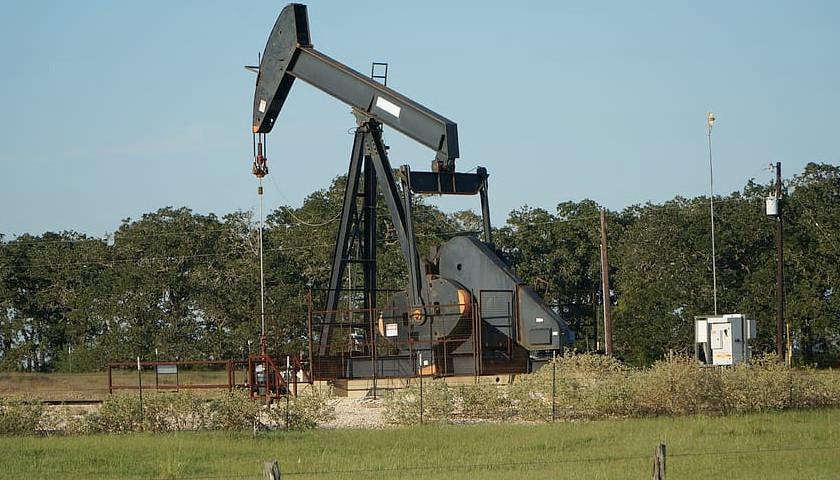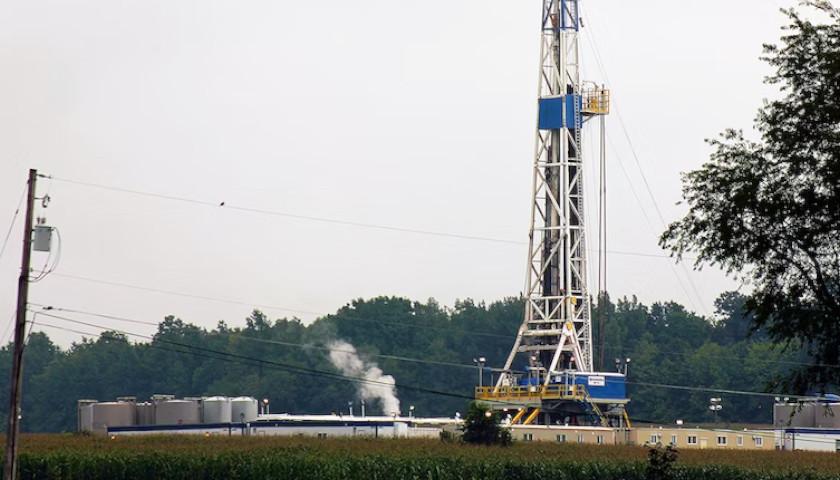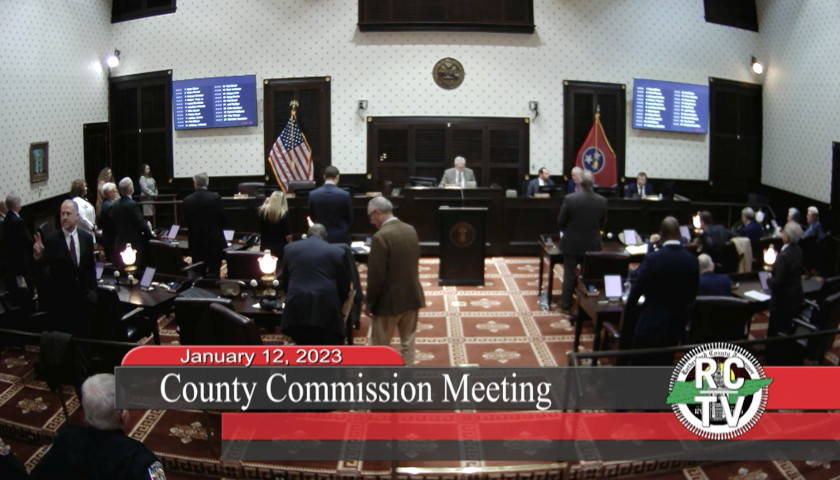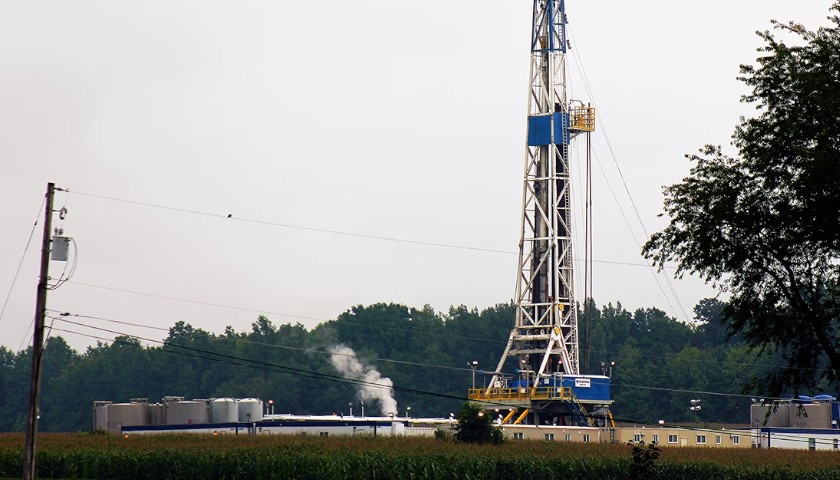Pennsylvania’s Public Utility Commission announced this week that the commonwealth and its localities will collect nearly $279 million from natural gas extraction impact fees this year.
The revenues, applying to drilling activity throughout 2022, bring the total fees collected for gas extraction from the Marcellus Shale sedimentary rock formation to $2.5 billion since 2012, the year lawmakers imposed the tax on fossil-fuel producers. This year’s allocations will be the largest yearly amount the government amassed through the levy, representing a 19 percent increase over the prior year’s take.
Read the full story





